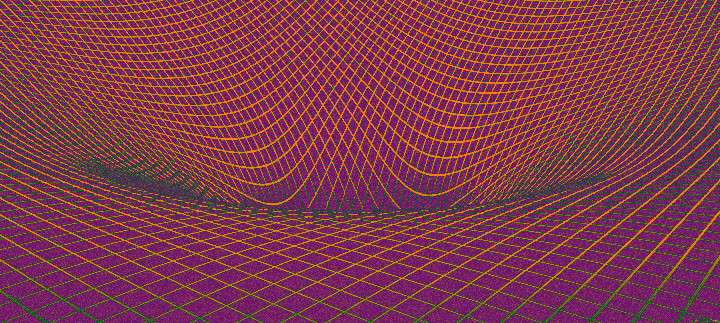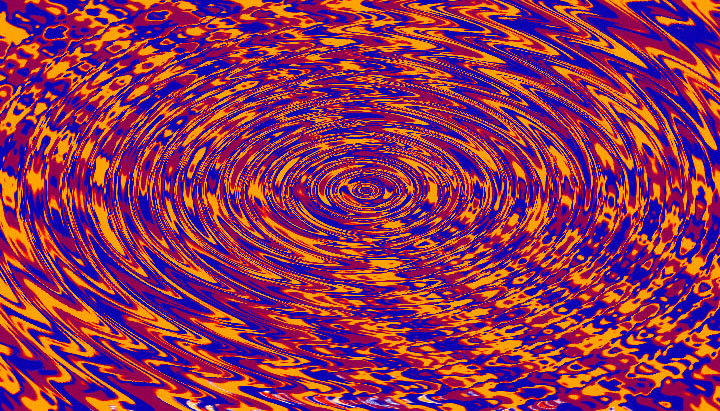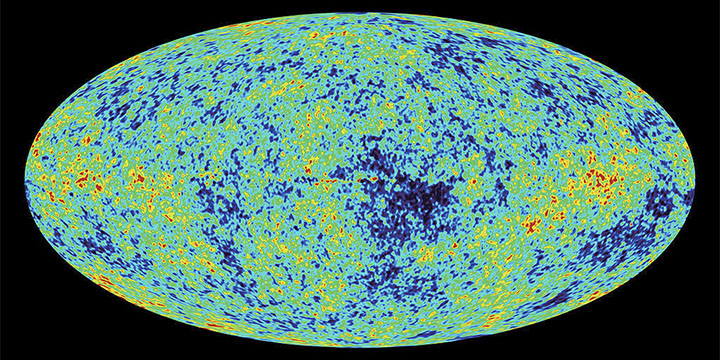Head of Department: Dr. Wolfgang Bietenholz
Department Secretary
Trinidad Ramírez Trejo
no_spam@nucliades.unam.xmri
Ext. 4690
Tel: +(52) (55) 5622 4690
Fax: +(52) (55) 5622 4693
Department Description



UNAM COMMUNITY
- Office for the Defense of University Rights
- UNAM Emergency: 56160914 ó 56220140
- PUMA Reaction: 56226464 ext 26464

